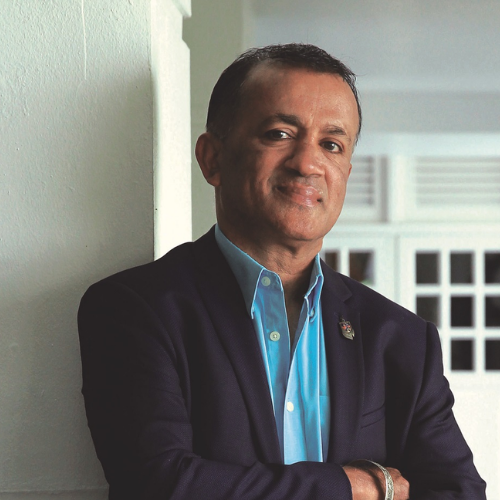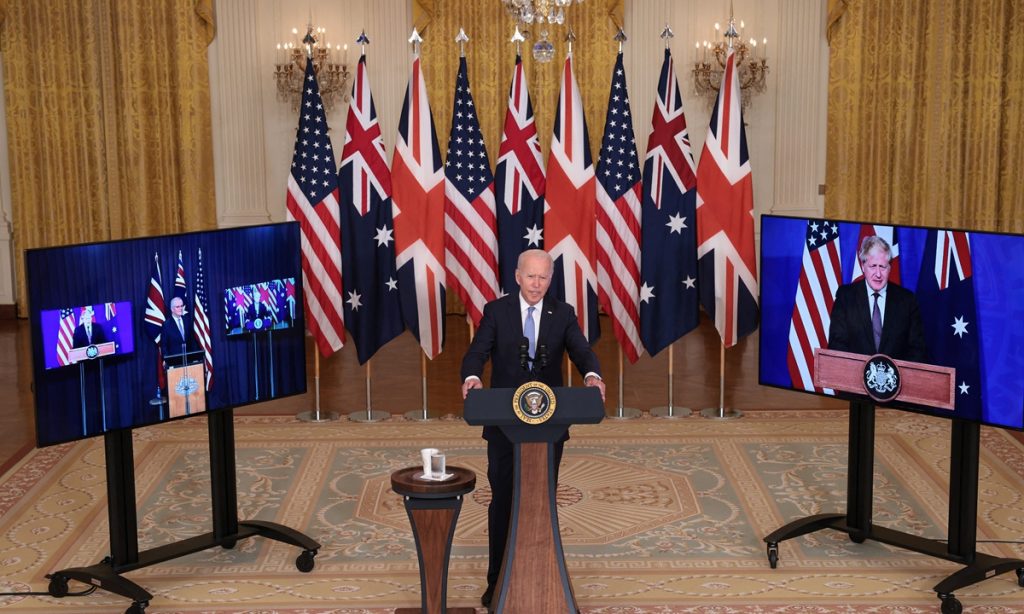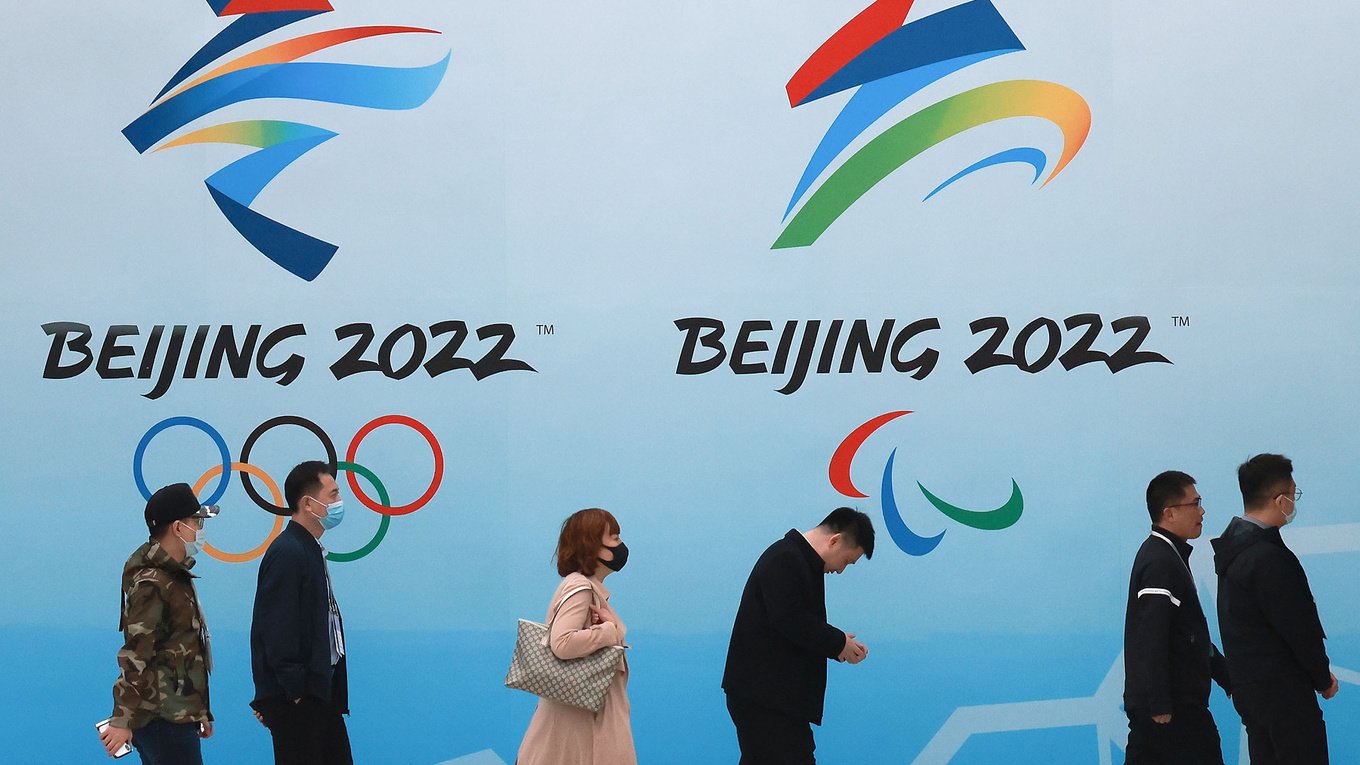One stumbling block for efforts to fight against White privilege, particularly in the music, film, and fashion industries, is that many leaders speaking out against Western norms and ideals in these fields are in fact using that argument as a shield for their own homegrown misogyny. I am thinking in particular of the Taliban, but there are other, less-extreme examples across Asia – for example, the argument that China’s homegrown feminist movement is too “Western.” How can non-Western countries fight against the assumed supremacy of Western (White) cultural products without falling into the trap of allowing their own governments to be the final judge of what is “acceptable” traditional culture – which usually results in restrictions on self-expression for marginalized groups, like women, the LGBTQ community, or ethnic minorities?
This is an important question, because it goes to the heart of everything we have been discussing. It is about the supposedly “universal standards” that have been set by the West. If these standards are not being met in other countries, then the assumption is that these countries are morally beneath the West, not modern, or, as a worst-case scenario, require intervention – this is what weaponizing universal standards looks like.
While it is of course the case that criteria such as International Human Rights are the gold standard in how each country should treat its citizens, it is not the case that there is just one route to reach these standards, nor of interpreting them in different cultural contexts.
Yet, if anyone outside of the West speaks out against the use of Western-originated universal standards, they are quickly branded as human rights abusers. This occurs despite the fact that Western countries host their fair share of people with different interpretations on rights – just take a look at the U.S. and its recent abortion debate.
Additionally, the issue is not solely about governments deciding what is acceptable. It is a common mistake to assume that standards within a non-Western country that don’t align with Western standards are somehow being enforced by morally bankrupt people in leadership positions, and there is no denying that there are many of them. It is this line of thinking that enables White Savior Syndrome: “we must save the people of country X from their evil leaders.” This was the same attitude of the colonialists and the missionaries who accompanied them. Civilizing the natives was the rallying call to camouflage the intentions to rape and plunder.
Citizens of nations around the world who have experienced colonization and exploitation are well aware of these tactics; they have not forgotten, just like Black people in the U.S. Western governments and white savior organizations need to be aware that these issues are much more complex than their simplistic analysis: It’s about people having their own ideas and values embedded at a personal and cultural level, and having the freedom and agency to believe in these things, even if they are at odds with Western standards.
Of course, oppressive governments and traditions exist and they need to be changed. But this is the struggle within and those of us who are willing to join them need to do so in ways that are appropriate and helpful. These are not issues that only the West is concerned about, as is often portrayed, further reinforcing the view that other cultures and people are backward and less caring, which in itself is a racist position. Cooperation and support must be steeped in deep understanding and devoid of the Western “holier than thou” approach which often sets things back, but at the same is convenient for the West in terms of its desire to continue to pontificate and occupy the higher moral ground globally.
As we have all seen there is a price to be paid for imposing different standards on other countries and using approaches that rely on power and punishment. Afghanistan is a classic example and the use of the Taliban as the bogeyman and the liberation of Afghan women as a fig leaf to justify an illegal invasion is part of this insincere and failed approach. Not everyone who takes up arms to fight an invader who represents a different religious and militaristic state, is a terrorist, a Taliban member, an Islamic fundamentalist, or an oppressor of women and girls opposed to education. We can support reform, but it is the height of arrogance to assume that entire nations need adjustment from the West in order to become better and modern.
We have repeatedly seen the failures of attempting to do so – from the colonial period (take Myanmar, which now has the world’s longest running civil war because the British first colonized, divided, and attempted to “civilize” them) through to the Cold War (the strife in Vietnam, where new mothers still have traces of the chemical “Agent Orange” in their breastmilk with no apology from the U.S.), and more recently, the war on terror (with nearly 1 million casualties and Afghanistan left in disarray).
The presumption that all positive social changes are spawned in the West and must be spread to the rest of the world is a White supremacist’s point of view. Social movements exist within countries and move at their own cultural pace with discussions that are appropriate for them – this is what Western nations must provide allowance for given their continuing penchant for interference and domination.
The West must move beyond weaponizing social causes to further the belief in the moral superiority of the West while diminishing the social values, political structures, and cultural norms of other countries.



























